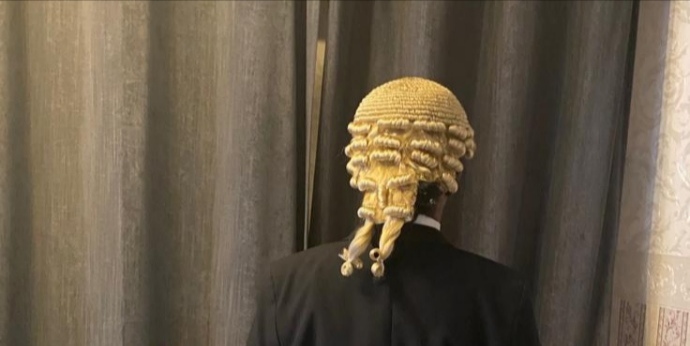The Criminal Justice System

The Client’s Right to Legal Representation
A client has the right to be represented,[1]which is one of the most vital legal rights based on the rule of law in the English legal system. A client also has the right to defend himself in person or get a legal representative either by paying by himself or if eligible for free legal representative, be allowed to be given to him when the interest of justice requires that it be given to him.[2]It is much safer when a legal representative represents a client if he so wishes to be represented. Especially in more serious and complex situations to avoid the issue of unfair trial where a client lacks knowledge of the basic law that concerns his case.[3]Moreover, when there is a representative, perjury by the defendant could be avoided. The perjury Act 1911 states that: “If any person lawfully sworn as a witness or as an interpreter in a judicial proceeding willfully makes a statement material in that proceeding, which he knows to be false or does not believe to be true, he shall be guilty of perjury, and shall, on conviction thereof on indictment, be liable to penal servitude for a term not exceeding seven years, or to imprisonment… for the term not exceeding two years, or to a fine or to both such penal servitude or imprisonment and fine”.[4]
Whilst clients may be ignorant of the rules/law, a barrister would not intentionally mislead the court, neither would he advise the lying client to give evidence of innocence under an oath.[5] However, in considering the right to legal representation, attention would be given to the issues where a barrister may/must cease to act and what could cause a barrister to withdraw from a case.
When a barrister represent clients, the barrister has a duty to the clients to act in their best interests and to keep their affairs confidential.[6]We must also bear in mind that a barrister also has a duty to the court to act in the administration of justice to the court.[7]Considering the legal and ethical aspect of the obligations, the barrister must act in accordance with the standard set out in the Bar Standards Board Handbook.[8]Part 2 of the Handbook contains the Code of Conduct for the Bar in England and Wales.[9] Ethics is essential in the profession of a barrister. The Legal Services Board ensures that the regulatory objectives of the
Legal Service Act are promoted, which include protecting and promoting public interest and improving access to justice.[10]